ESP32
The following devices use the firmware from https://github.com/microsoft/devicescript-esp32 which builds on top of ESP-IDF.
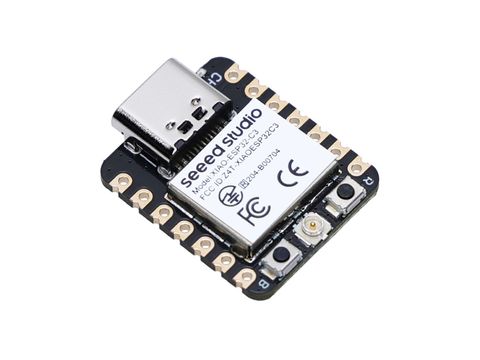
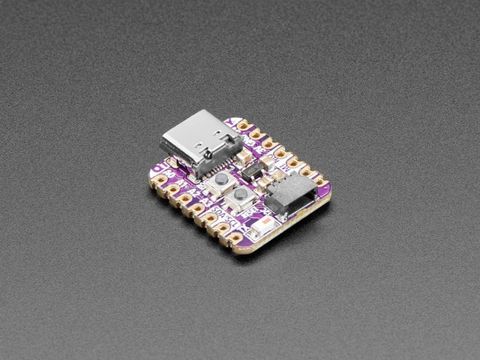
and more...

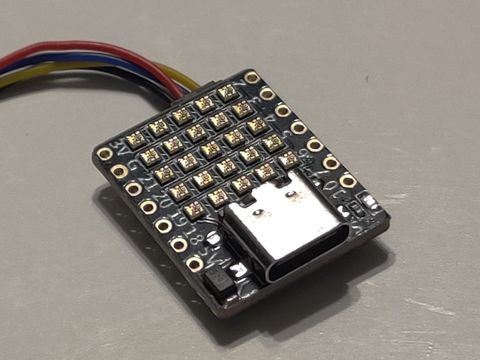
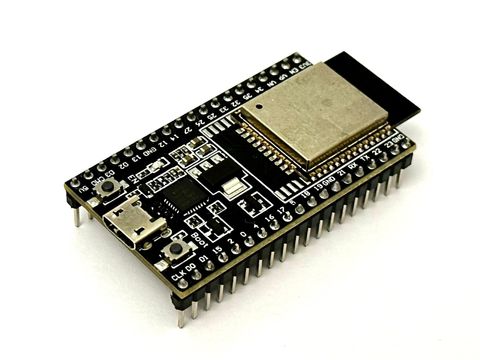
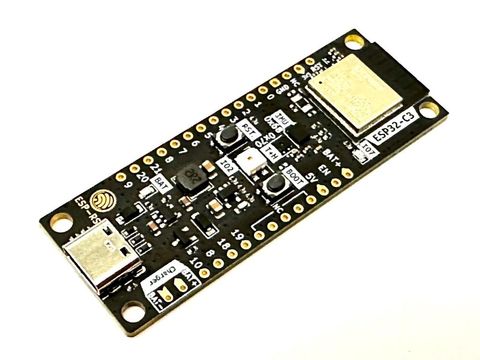
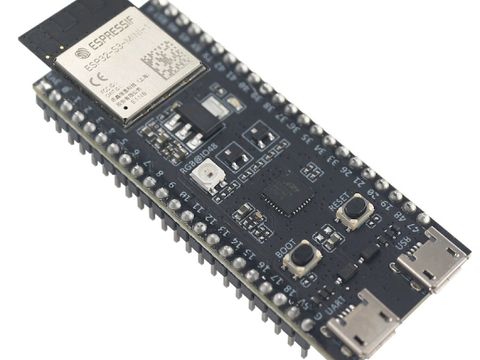
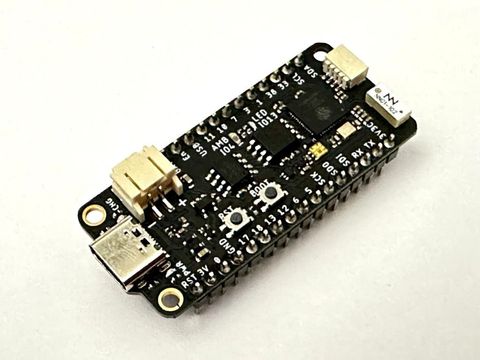
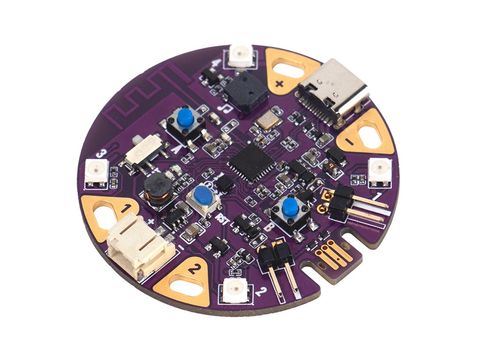

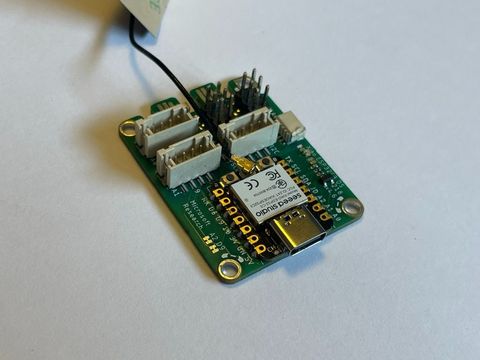
Your device is not in the list? Add a new Device Configuration in your project.
Requirements
You will need to install esptool.py first - you can do that using pip.
pip install esptool
Usage
Connect your ESP32 board and run devicescript flash esp32 to flash DeviceScript runtime on it.
devicescript flash esp32
$ devicescript flash esp32
using serial port /dev/cu.usbmodem01 at 1500000
esptool: /usr/local/bin/esptool.py
Identify arch
esptool.py v4.5
Serial port /dev/cu.usbmodem01
Connecting...
Detecting chip type... Unsupported detection protocol, switching and trying again...
Detecting chip type... ESP32-S2
Chip is ESP32-S2 (revision v0.0)
Features: WiFi, No Embedded Flash, No Embedded PSRAM, ADC and temperature sensor calibration in BLK2 of efuse V1
Crystal is 40MHz
MAC: 7c:df:a1:03:99:f4
Uploading stub...
Running stub...
Stub running...
Changing baud rate to 1500000
Changed.
Warning: ESP32-S2 has no Chip ID. Reading MAC instead.
MAC: 7c:df:a1:03:99:f4
Staying in bootloader.
Please select board, available options:
--board msr207_v42 JM Brain S2-mini 207 v4.2
--board msr207_v43 JM Brain S2-mini 207 v4.3
--board msr48 JacdacIoT 48 v0.2
$
Listing boards
You can also get a full list of ESP32 boards without attempting any auto-detect.
devicescript flash esp32 --board list
$ devicescript flash esp32 --board list
Please select board, available options:
--board msr207_v42 JM Brain S2-mini 207 v4.2
--board msr207_v43 JM Brain S2-mini 207 v4.3
--board msr48 JacdacIoT 48 v0.2
--board adafruit_qt_py_c3 Adafruit QT Py ESP32-C3 WiFi Dev Board
--board esp32_devkit_c Espressif ESP32-DevKitC
Targeting a specific board
Let's say your board is adafruit_qt_py_c3. To target this board, use the --board [boardid] flag.
devicescript flash esp32 --board adafruit_qt_py_c3
$ devicescript flash esp32 --board adafruit_qt_py_c3
using serial port /dev/cu.usbmodem14211401 at 1500000
esptool: /usr/local/bin/esptool.py
fetch https://github.com/microsoft/jacdac-esp32/releases/latest/download/devicescript-esp32c3-adafruit_qt_py_c3-0x0.bin
saved .devicescript/cache/devicescript-esp32c3-adafruit_qt_py_c3-0x0.bin 982208 bytes
esptool.py v4.5
Serial port /dev/cu.usbmodem14211401
Connecting....
Detecting chip type... ESP32-C3
Chip is ESP32-C3 (revision v0.3)
Features: WiFi, BLE
Crystal is 40MHz
MAC: 34:b4:72:ea:17:88
Uploading stub...
Running stub...
Stub running...
Changing baud rate to 1500000
Changed.
Configuring flash size...
Flash will be erased from 0x00000000 to 0x000effff...
Compressed 982208 bytes to 532293...
Writing at 0x00000000... (3 %)
Writing at 0x00011e9e... (6 %)
[...snip...]
Writing at 0x000e576f... (96 %)
Writing at 0x000ec5d7... (100 %)
Wrote 982208 bytes (532293 compressed) at 0x00000000 in 7.5 seconds (effective 1042.1 kbit/s)...
Hash of data verified.
Leaving...
Hard resetting via RTS pin...
$
After flashing, your board has the DeviceScript runtime and you can program it using DeviceScript.
Check out the errors page if you run into any issues.
Custom write_flash argument
Use the $flashToolArguments field in the board definition to specify additional arguments to esptool write_flash, such as --flash_mode.